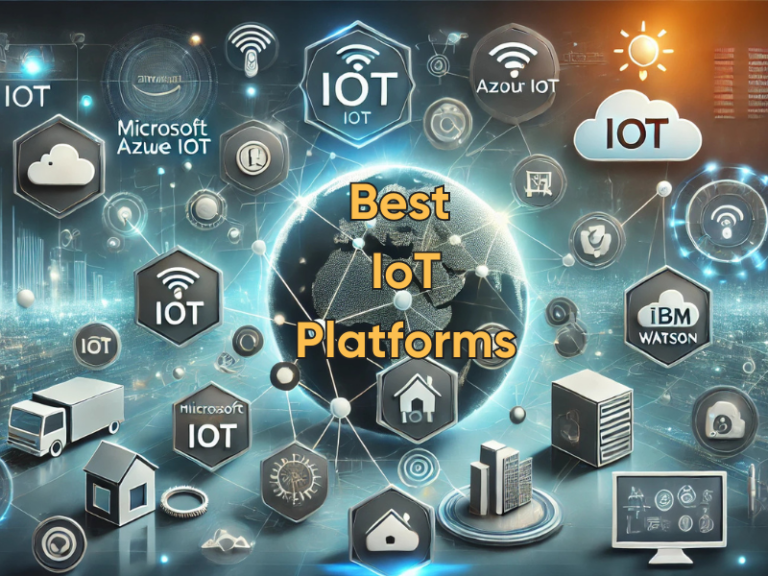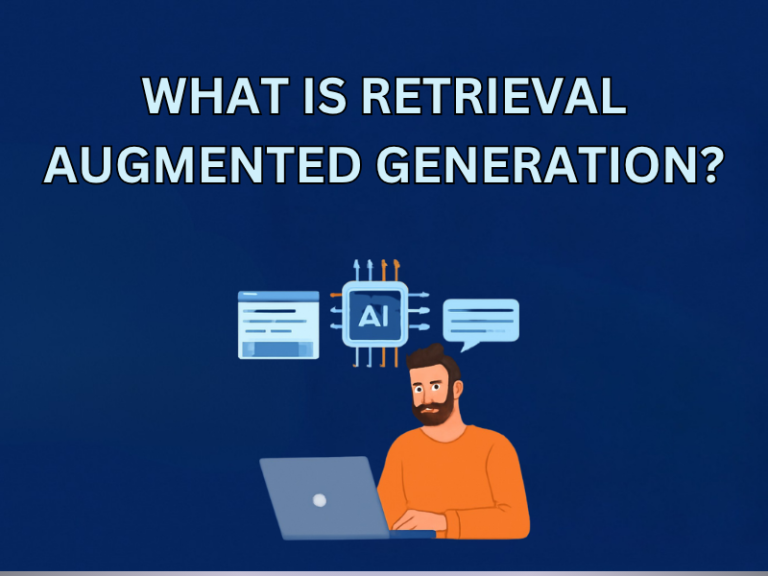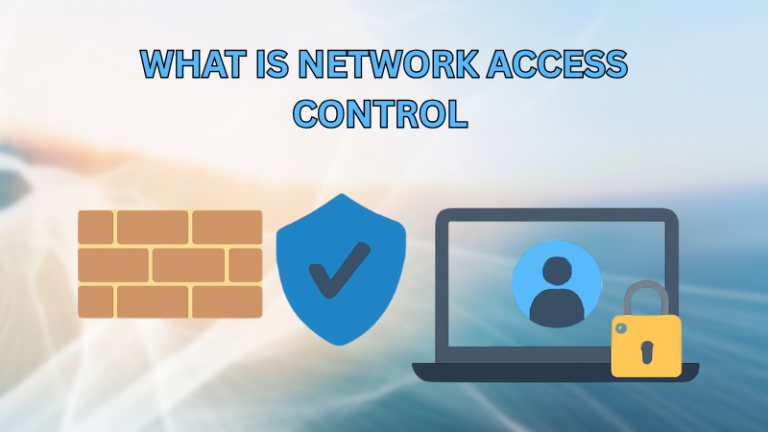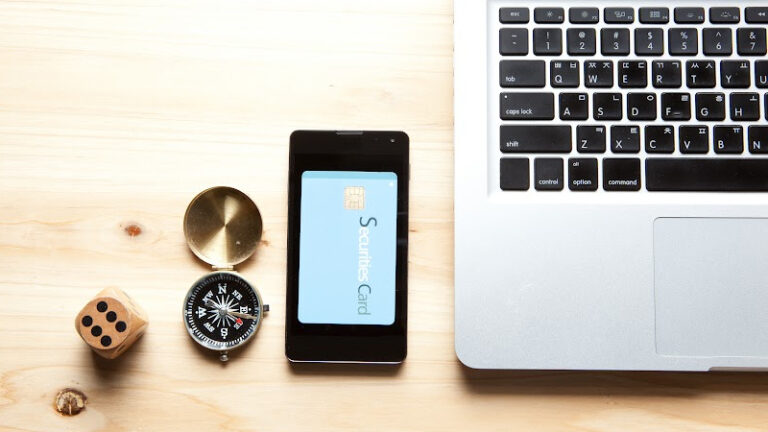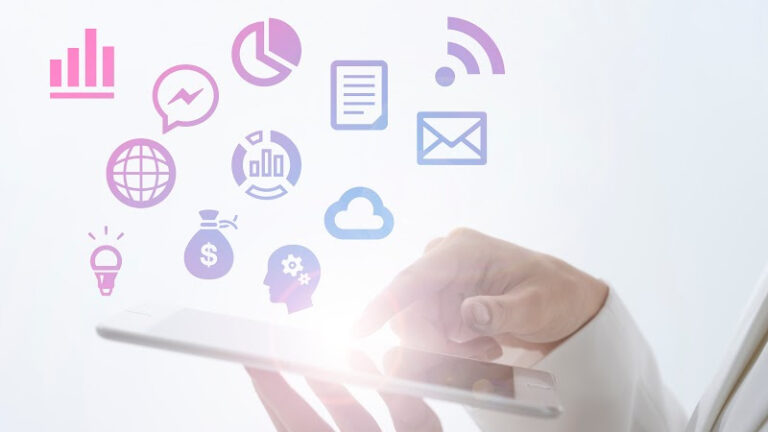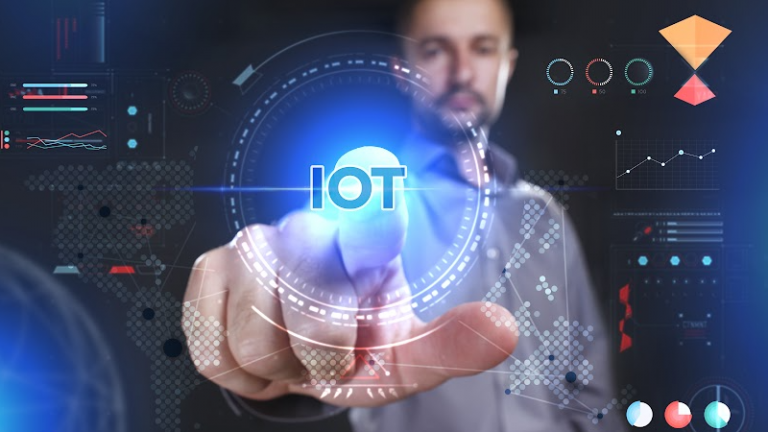IoT Medicine
Think about your recent medical interaction. Your doctor probably used a medical device, whether a blood pressure monitor, an MRI scanner, a glucose monitor, etc. Now, this isn’t surprising since there many medical technologies that are currently in use. Let’s talk about IoT Medicine.
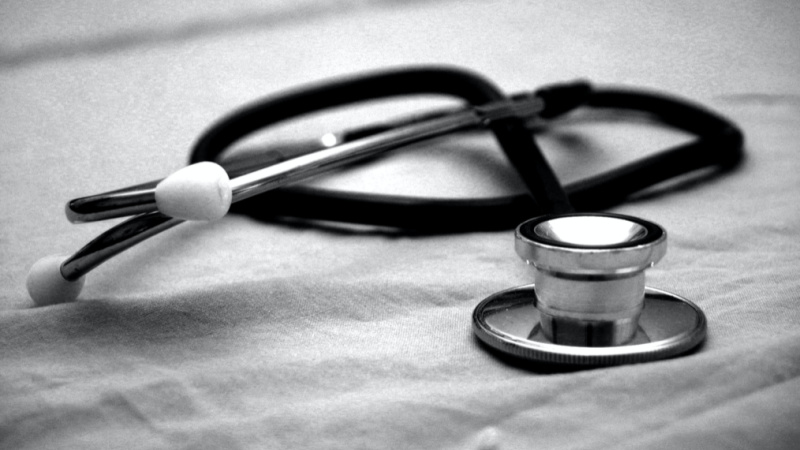
Internet devices today have been designed and improved to make services more efficient and drive better results in healthcare. These devices can quickly collect, analyze and transmit data, thus enabling fast healthcare delivery. They are beneficial to both patients and clinicians as they help track and prevent chronic diseases. Read on to learn more about the internet and healthcare.
IoT Medicine
IoT medicine helps monitor patients and track medical staff using IoT devices and smart applications specifically designed to cater to healthcare settings and needs. These include sensors and apps that monitor healthcare remotely and telemedicine consultation. It also has an element of AI that helps improve patients’ use of traditional devices. For instance, people with asthma can use a smart inhaler.
The main reason healthcare systems are adopting medical IoT is that it facilitates the monitoring of patients in real-time. But, healthcare providers can also use it to perform robotic surgeries and advanced diagnostics. It also reduces the number of visits a patient has to go to the doctor’s office, thanks to telemedicine and other technology advancements.
Additionally, IoT gives healthcare providers several opportunities to improve patient care and manage complex healthcare tasks through automation and improved safety.
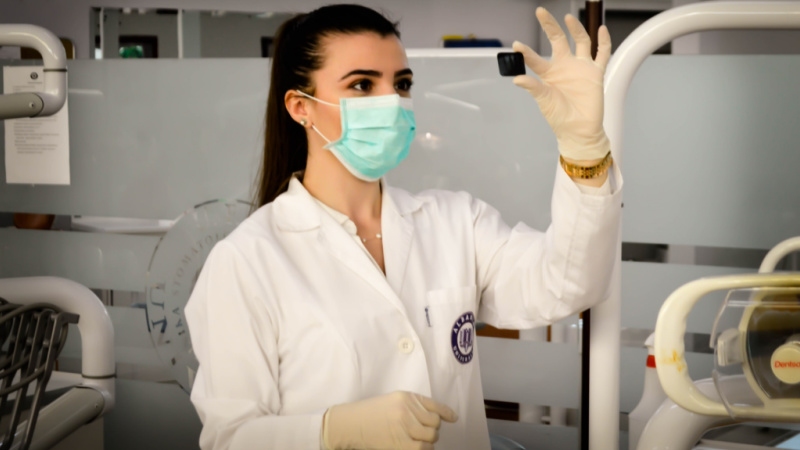
Internet and Healthcare
Healthcare systems have significantly improved, thanks to the advancement in technology. Nowadays, there have been incredible innovations that have helped improve the efficiency and delivery of healthcare services.
Now, the internet has revolutionized the healthcare industry in several ways. So internet and healthcare relation below:
Cost Reduction
Running a healthcare facility is expensive. And unfortunately, the majority of things that use a lot of money don’t even involve the healthcare practice itself. However, the internet has helped cut administrative costs by allowing healthcare facilities to keep a digital patient record, create online portals for their patients and make many other virtual implementations via the internet.
Facilitates Careers
The hiring process for medical professionals has significantly evolved. Before, nurses, doctors, pharmaceuticals, etc., relied only on the network of hospitals and clinics of the university for job opportunities. But now, thanks to the internet, healthcare workers can seek employment opportunities no matter where they learned using the medical staffing network.
Improved Security
Sharing medical records and patient information from different groups is today safer than ever. For instance, HIPAA compliance in the United States ensures that a person’s medical information is secure and streamlined using the internet. Healthcare workers can now pass information back and forth without worrying about data theft like with manual transfers, which also saves time. Additionally, doctors can communicate with patients easily via the internet.
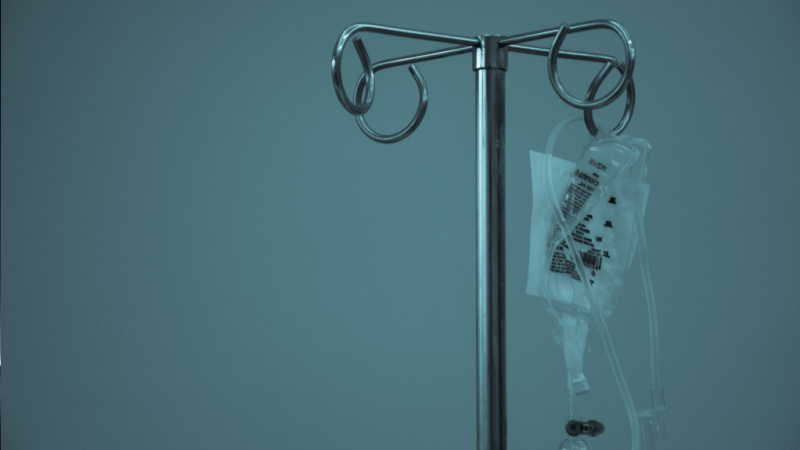
Iot in Health Insurance
Health insurance is among the industries that have been affected by connected devices. Insurance companies have now replaced long-term policies with customized solutions that work for a short period. They do this by customizing their policy to suit the needs of a particular customer while reducing the risks of loss of funds due to an unforeseen situation. Here are the benefits of the IoT in health insurance;
Streamlined Payments
This allows insurers to quickly pay the healthcare facility where the patient was being treated. As such, they will receive better treatment as the clinics know that their cover can cater to the cost.
Care Optimization
IoT medicine allows a streamlined flow of data. So companies can use AI and analytical tools to analyze data and determine the medical processes that may be better for the patient’s wellbeing.
Effective Monitoring
Insurance companies can use connected devices, smartphones, and wearables to track a patient’s behavior, habits, and activity. This helps them make a predictive decision.
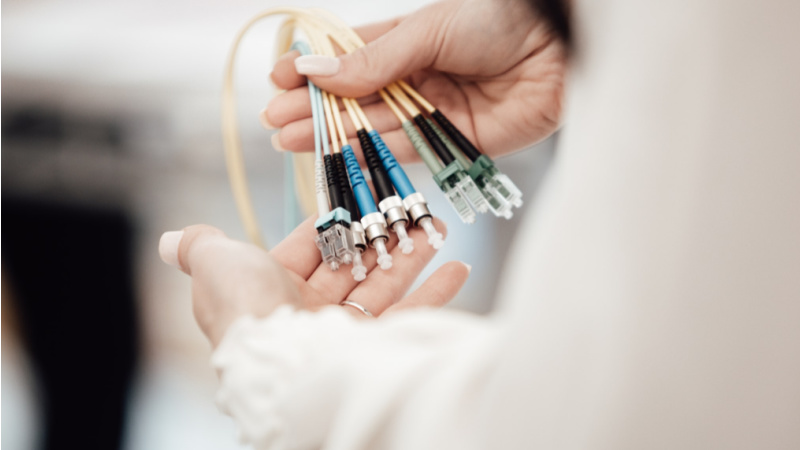
Internet of Medical Things Companies
Several companies are leading in IoT and Healthcare. They manufacture devices to be used for specific medical applications, research and development, and gaining new startups. Here are some examples of internet of medical things companies;
Health Care Originals- Smart Monitors
These help detect various diseases like asthma, epilepsy, and a heart attack before they attack. As such, the wearer can manage their episodes effectively. Smart monitors alert wearers about dangerous occurrences by sending automatic messages and notifications.
Apple- Apple Watch
Apple encourages individuals to take responsibility for their health. The Apple Watch has advanced health features like a menstrual tracking feature, electrocardiogram, etc.
Elfi Tech- Self-testing Devices
Such devices allow one to monitor their blood, urine, etc., to ensure that it’s within a normal range. They offer immediate test results on the device or mobile application connected to them.
InPen- Smart Injectors
The pens can record the exact amount of dose injected and at what time. Also, they recommend when to take the next dose. They connect to a smartphone app that stores data for the long term to help one calculate their dosages.
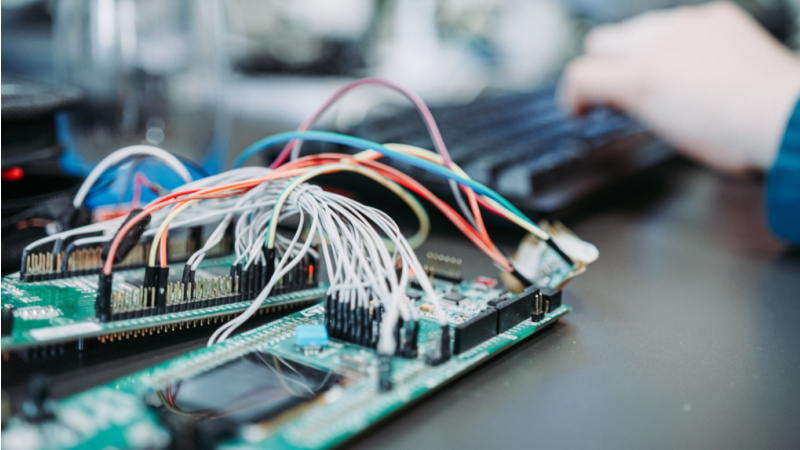
Medical Internet of Things and Big Data In Healthcare
Several technologies have been designed to help manage and reduce the cost of treating chronic illnesses. These include monitoring devices, those that track health data in real-time, and those that administer therapy. Let’s talk about medical of things and big data in healthcare.
Many patients have integrated these devices with their mobile apps as they can access the internet and smartphones. They are now being used with telehealth and telemedicine through the medical internet of things.
These apps are intended to track symptoms while supporting the management of diseases and care coordination. Their analytics can play a significant role in data interpretation. Thus, reducing the time that users would have otherwise used to bring the data outputs together. Individuals use research from these big data analyses to improve efficiency in healthcare.
Healthcare continues to be among the industries that benefit from IoT. It’s advantageous to both patients and hospitals. It keeps patients and doctors connected and helps facilities track their patients and staff. Plus, it reduces errors and keeps a patient’s information secure. As such, not only does it improve the quality of treatments, but it also improves the patients’ health.
